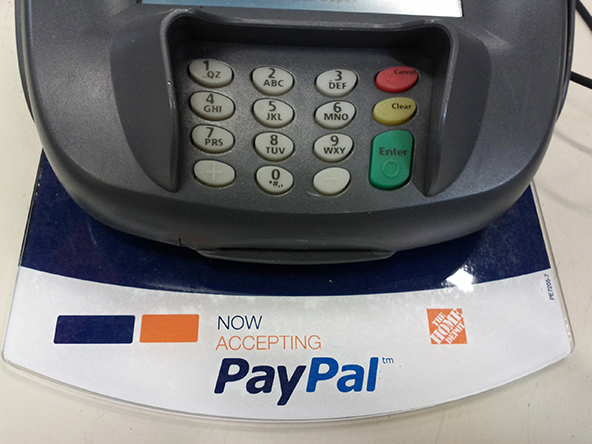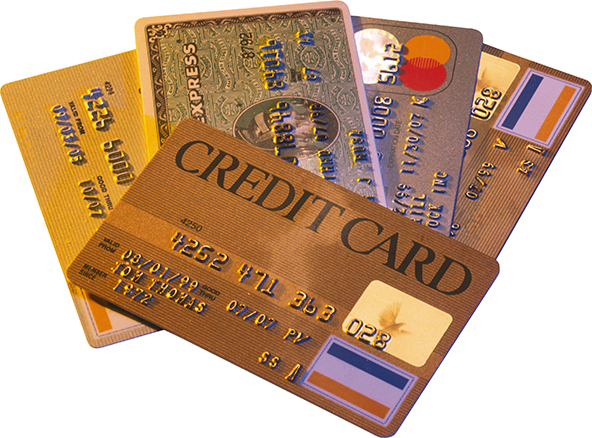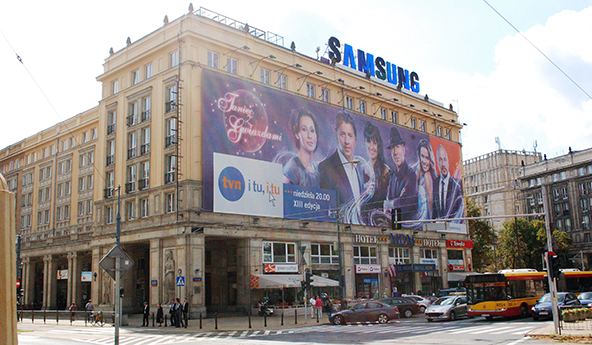Why PayPal’s Coming to Your Grocery Store Irks Visa and MasterCard

In our industry news about hugely disruptive game-changing technologies are circulated almost on a daily basis, not to mention that for many years now an interminable string of start-ups have been announcing the imminent end of credit cards. In reality, credit cards are still around and very few news-worthy innovations have occurred in the past couple of decades, and only one disruptive company in that period grew to a huge size. Its name is PayPal and eBay’s processor is now once again challenging the established players in their own backyard. And I like PayPal’s chances.
PayPal started off as an online payment processor and until very recently was exclusively associated with internet transactions. It has now begun testing its system in physical stores and Visa and MasterCard are feeling the heat. Its offer is one that no merchant can refuse and is as big a challenge to Visa and MasterCard as we are likely to see. But that may not be immediately apparent and I didn’t spend as much time on the subject in my previous post as I probably should have done, so let me do it now.
What Is PayPal up To?
In my post on PayPal’s incursion into physical point-of-sale (POS) territory the other day I briefly outlined the payment processor’s value proposition to retailers. PayPal is proposing nothing less than to pay some of its merchant clients’ processing costs. Here is how it would work.
About 55 percent of PayPal’s transactions are funded from its users’ debit or credit card accounts (and are subject to interchange fees, which are the fees collected by the issuers for each transaction involving one of their cards), while the rest are funded from the users’ bank accounts. What PayPal is indicating is that it is offering merchants to be processing bank card payments at a cost that is lower than interchange. And if the merchant is paying less than the full interchange amount, the processor would have to make up the balance. So PayPal is willing to not only forgo any profit on the card-funded transactions it will be facilitating, but to lose money on them. All of them!
Of course PayPal is not being charitable. On aggregate, it would still be in the black, because its margins on the transactions funded directly from its users’ bank accounts are huge and in any case enough to more than offset the losses from the bank card transactions.
So at the end PayPal would get some new business, the issuers would be paid and Visa and MasterCard would also collect their Association fees. What’s then the issue and why are Visa and MasterCard so up in arms about it? Well, there is a good reason for it.
Does PayPal Want to Become a Credit Card Company?
On the face of it, to Visa and MasterCard PayPal is only a payment processor and the transaction environment in which it operates (e.g. face-to-face, e-commerce, MO / TO) does not make a difference. After all, the Associations are not too worried about the fact that First Data and Chase Paymentech facilitate both card-present and card-not-present transactions. And yet, they are extremely sensitive about PayPal’s expansion.
The reason why is that PayPal owns the consumer relationship, while the traditional processors do not. So, while no consumer knows at the checkout of her local grocery store that her payment would be processed by, say, Paymentech, when the same consumer checks out of a Home Depot, she could proactively select her payment to be charged to her PayPal account.
But what would happen if PayPal decided to start issuing its own cards, like Discover and American Express do? After all, it already is issuing MasterCard-branded debit cards, so why not go one step further and close the cycle? PayPal would not owe any fees to Visa and MasterCard for a transaction involving its own card. Looking at it from this angle you can begin to see what makes the Associations so nervous. If a consumer checks out of a Home Depot store, selects PayPal and the transaction is funded through a PayPal-branded card, Visa and MasterCard are no longer in the picture.
The Takeaway
The above scenario is purely hypothetical, of course, but it’s far from improbable. In fact, it makes too much sense not to be explored by PayPal at some future point. And anyway, why else would Visa and MasterCard be so troubled by what a mere payment processor is doing?
I can’t think of a better explanation, nor do I get much help from what I’ve read about the story. If anyone has a better idea, I would very much like to hear it and I’m sure many of our readers would too.
Image credit: VentureBeat.com.


